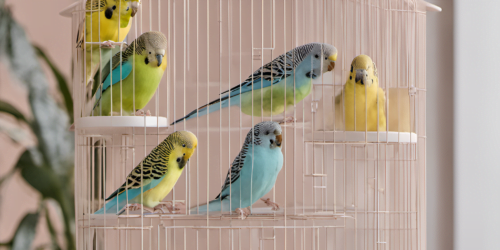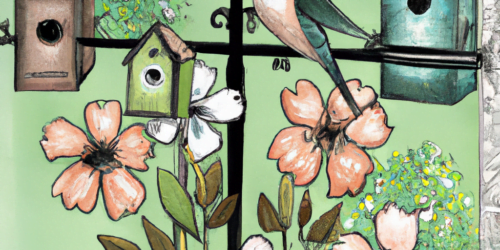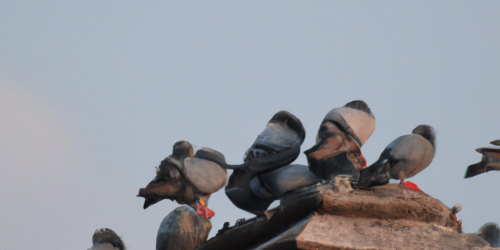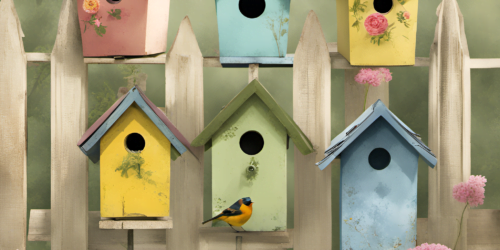Should Birds Be Kept in Cages? Understanding the Pros and Cons
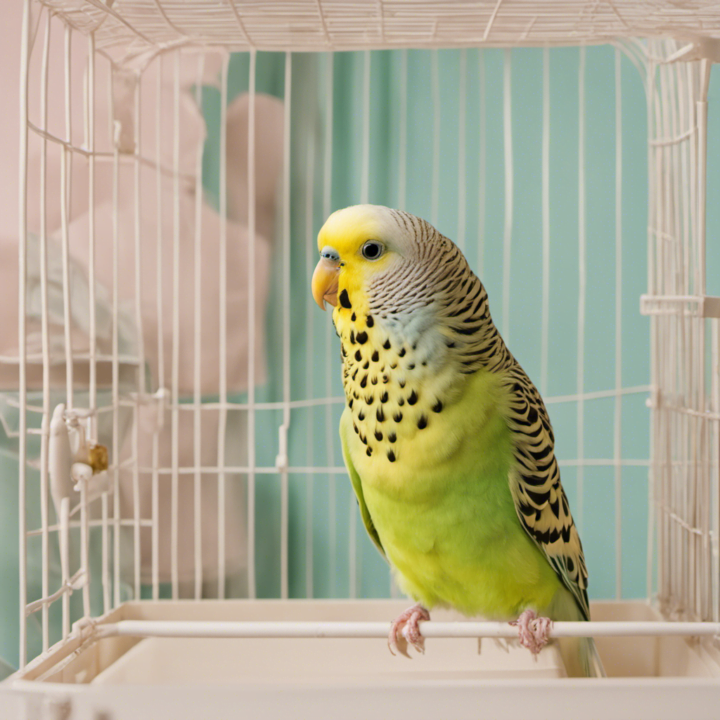
Should Birds Be Kept in Cages? A Comprehensive Guide
Table Of Contents
Birds are some of the most beautiful and intelligent creatures in the animal kingdom. Many people consider keeping birds as pets due to their vibrant colors, melodious songs, and charming personalities. However, one question often arises: should birds be kept in cages? This article explores the various aspects of keeping birds in cages, their well-being, and what alternatives exist.
The Purpose of Caging Birds
When considering if birds should be kept in cages, it’s essential to understand the reasons behind this practice. Here are some key points:
- Safety: Cages protect birds from potential dangers such as predators, toxic plants, and household hazards.
- Containment: Keeping birds in cages prevents them from flying away, which is especially crucial for species that are not native to the area.
- Health: Cages can help control the environment for birds, reducing exposure to diseases and providing a safe space to eat and sleep.
Benefits of Keeping Birds in Cages
There are several benefits to keeping birds in cages, provided that the cages are appropriately sized and designed:
- Security: A well-designed cage can provide a secure environment, protecting birds from harm.
- Social Interaction: Caging allows for easy interaction with humans, promoting bonding and companionship.
- Controlled Environment: Cages can help regulate temperature and humidity, creating a comfortable habitat for birds.
Choosing the Right Cage
If you decide to keep a bird in a cage, selecting the right cage is crucial. Here are some tips:
- Size Matters: Ensure the cage is spacious enough for the bird to move freely, spread its wings, and even climb.
- Material: Choose cages made from safe, non-toxic materials. Avoid cages with lead or zinc coatings.
- Bar Spacing: Ensure the spaces between the bars are narrow enough to prevent the bird from escaping or getting stuck.
Concerns About Keeping Birds in Cages
While there are benefits, there are also concerns regarding keeping birds in cages. Here are some important considerations:
- Limited Space: Birds are naturally free creatures that require ample space to fly and explore, which may not be fully provided in a cage.
- Behavioral Issues: Birds that are kept in small cages may develop stress, aggression, or other behavioral problems.
- Loneliness: Birds are social animals. Keeping them alone in a cage can lead to loneliness and depression.
Alternatives to Caging Birds
For those who worry about the ethical implications of keeping birds in cages, there are alternatives:
- Bird Aviaries: An aviary is a larger, enclosed space that allows birds to fly and socialize more freely.
- Free-Ranging: If it’s safe and feasible, some owners allow their birds to roam freely in a controlled environment within the home.
- Outdoor Flights: Providing a safe outdoor flight area for birds, such as a screened porch or aviary, can enhance their quality of life.
Best Practices for Caging Birds
If you choose to keep birds in cages, it’s vital to follow best practices for their care:
- Daily Interaction: Spend time with your bird every day to foster a bond and reduce loneliness.
- Enrichment: Provide toys, perches, and activities to keep your bird mentally stimulated and physically active.
- Regular Cleaning: Maintain a clean cage environment to prevent disease and ensure the health of your bird.
Conclusion
In conclusion, the question of should birds be kept in cages is complex and multifaceted. While cages can provide safety and security, they can also limit a bird’s natural behaviors. The key is to ensure that if birds are kept in cages, they are provided with an enriching environment that meets their physical and social needs. By understanding the needs of your feathered friend and making informed choices, you can create a loving and supportive home that promotes their well-being.
Ultimately, whether you choose to keep birds in cages or explore alternative housing options, the most important aspect is to prioritize their health and happiness. Your commitment to their care will lead to a fulfilling relationship with your feathered companion.
